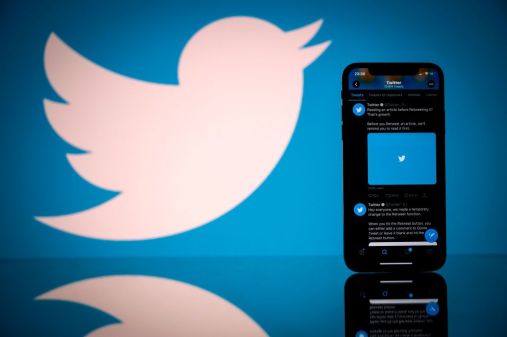Kuwait’s state news agency says hackers breached its Twitter

U.S. military forces are not pulling out of Kuwait.
The Kuwaiti government clarified that fact on Wednesday after KUNA, the state news agency, reported that a defense minister said Americans planned an “imminent withdrawal” within three days.
In fact, KUNA had been hacked, and word of the withdrawal had been posted by an outsider, according to Tareq al-Muzraem, head of Kuwait’s government communication office. KUNA deleted the original claim from its Twitter page, and posted a series of updates on its website and to its more than 34,000 followers on Twitter. Reuters, a global news and wire service, was one credible news outlet to publish a brief article based on the false KUNA report.
While KUNA provided no details about how the breach occurred, and did not speculate on who may have been responsible, the message appeared during a particularly fraught geopolitical moment in the Persian Gulf. Iran on early Wednesday fired missiles at two bases in Iraq where U.S. military personnel were stationed. Iranian officials said the strikes were launched in retaliation for the death of Qassem Soleimani, a top Iranian general killed on Jan. 3 in a U.S. drone strike.
U.S. officials said there were no immediate casualties in the attack Wednesday.
More than 13,000 U.S. soldiers are stationed in Kuwait, which is a major American ally in the region.
KUNA’s reported hack also occurred as disinformation and propaganda has flooded Twitter, highlighting the importance of trusted news sources. While KUNA’s account is verified on Twitter, the apparent breach demonstrates how even official outlets and state media agencies can be leveraged to create confusion during a breaking news moment.
In 2013, hackers infiltrated the Twitter feed for the Associated Press, using that access to report, “Breaking: Two Explosions in the White House and Barack Obama is injured.” The tweet resulted in stock market movements before the AP removed the message, saying it was the result of a breach.
Digital confusion only has accelerated in the years since, as Twitter has emerged a breaking news source and the president’s preferred communication channel.
As the world monitored the Iranian strikes on Wednesday, for instance, a huge variety of accounts worked to amplify updates that were unverified and outright false. Accounts frequently re-packaged old pictures captured in previous, unrelated conflicts to suggest they were taken moments ago in Iraq or Iran. In other instances, the fabricated stories originated with “Breaking News” accounts created on the same day, or pages claiming to parody celebrities like Robert DeNiro.





